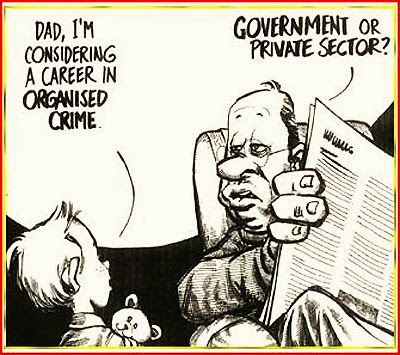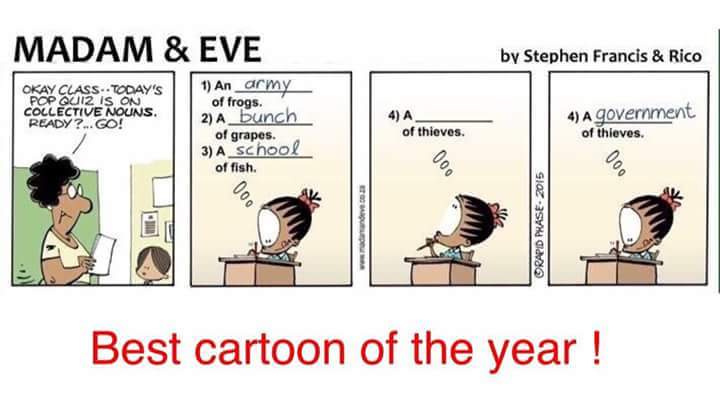The Worst Words to Say at Work
9 common words and phrases that will make you sound noncommittal, undependable, and untrustworthy
by Linnda Durre, Forbes.com
Some words and phrases are often used to buy time, avoid giving answers, and escape commitment. If you use these words and phrases yourself, take a scalpel and cut them out of your thinking, speaking, and writing.
"Try"
"Try" is a weasel word. "Well, I'll try," some people say. It's a cop-out. They're just giving you lip service, when they probably have no real intention of doing what you ask. Remember what Yoda says to Luke Skywalker in "Star Wars": "Do or do not--there is no try." Take Yoda's advice. Give it your all when you do something. And if it doesn't work, start over.
Put passion into your work, and give it your best effort, so you can know that you did all you could to make it happen. So if the outcome you were expecting didn't come to fruition, it's not because you didn't do everything you could to make it happen. It just wasn't the right time for it or it wasn't meant to be.
"Whatever"
This word is a trusted favorite of people who want to dismiss you, diminish what you say, or get rid of you quickly. "Whatever," they will say as an all-purpose response to your earnest request. It's an insult and a verbal slap in the face. It's a way to respond to a person without actually responding. When you say "whatever" after another person has said his or her piece, you have essentially put up a wall between the two of you and halted any progress in communicating. It's a word to avoid.
"Maybe" and "I don't know"
People will sometimes avoid making a decision--and hide behind words and phrases like "maybe" and "I don't know." There's a difference between legitimately not knowing something and using words like these as excuses. Sometimes during a confrontation, people will claim not to know something or offer the noncommittal response "maybe," just to avoid being put on the spot. If that seems to be the case, ask, "When do you think you will know?" or "How can you find out?" Don't let the person off the hook so easily.
"I'll get back to you"
When people need to buy time or avoid revealing a project's status, they will say, "I'll get back to you," and they usually never do. If people say they will get back to you, always clarify. Ask them when they will get back to you, and make sure they specify the day and time. If they don't, then pin them down to a day and time and hold them to it. If they won't give you a day or time, tell them you'll call in a day or week and follow up. Make sure you call and get the information you need.
"If"
Projects depend on everyone doing his or her part. People who use "if" are usually playing the blame game and betting against themselves. They like to set conditions, rather than assuming a successful outcome. People who rely on conditional responses are fortifying themselves against potential failure. They will say, "If Bob finishes his part, then I can do my part." They're laying the groundwork for a "no fault" excuse and for not finishing their work.
There are always alternatives, other routes, and ways to get the job done. Excuse makers usually have the energy of a slug and the spine of a jellyfish. You don't want them on your team when you're trying to climb Mt. Everest.
"Yes, but . . ."
This is another excuse. You might give your team members suggestions or solutions, and they come back to you with "Yes, but . . ." as a response. They don't really want answers, help, or solutions. You need to call the "Yes, but . . ." people out on their avoidance tactic by saying something like "You know, Jackie, every time I offer you a suggestion you say, 'Yes, but . . . ,' which makes me think you don't really want to solve this problem. That's not going to work. If you want to play the victim, go right ahead, but I'm not going to allow you to keep this up." After a response like that, you can be assured that the next words you hear will not be "Yes, but . . ."!
"I guess . . ."
This is usually said in a weak, soft-spoken, shoulder-shrugging manner. It's another attempt to shirk responsibility--a phrase that is muttered only when people half agree with you but want to leave enough leeway to say, "Well, I didn't really know. . . . I was only guessing." If you use this phrase, cut it out of your vocabulary.
"We'll see . . ."
How many times did we hear our parents say this? We knew they were buying time, avoiding a fight or confrontation, or really saying no. It's better to be decisive and honest by saying, "I need more information. Please present your case or send me the data--both pro and con--so I can make an informed decision." That way, the interested parties will contribute to an in-depth, well-researched "verdict."





No comments:
Post a Comment